John Churchill, Duke of Marlborough
(1650–1722)
He made war look civilized, which was the dirtiest trick of all.
“War, like women, rewards the patient liar.” — attributed to John Churchill, Duke of Marlborough (probably while smiling too much)
Picture it: dawn at Blenheim, 1704. The fields of Bavaria are steaming with fog and manure, and an army that hates its own boots is about to gamble Europe’s future because one Englishman woke up feeling clever. Drums beat somewhere under the mist—English redcoats, Dutch bluecoats, Austrian whitecoats, and all of them about to become bloodcoats. At the center sits John Churchill, Duke of Marlborough, a man who could charm a queen, outwit a king, and still find time to arrange 60,000 men into a murder ballet.
He isn’t shouting. Marlborough never shouts. He simply rides, thin-lipped and dapper as a snake in brocade, and murmurs instructions like he’s ordering breakfast. Behind that calm, though, is a mind so ruthless and lubricated it could run a royal court or a rigged casino with equal ease. He’s about to pull off one of the most decisive victories of the century—and make sure everyone else gets the credit, the blame, or the bill, depending on who survives.
The War of the Spanish Succession was supposed to be another aristocratic pissing contest—France, Austria, and a grab bag of countries arguing over which inbred princeling got to sit on which gilded chair. But to Marlborough, it was an art project. He wanted to sculpt Europe, and he’d do it in blood and maneuver rather than paint and marble. Louis XIV’s France had been kicking everyone’s powdered asses for decades. England and the Dutch were just tired enough, and rich enough, to hire a genius bastard to fix it.
Enter Churchill. Born in 1650, second son of a broke cavalier, he clawed his way up through the Restoration’s back corridors by sleeping with the right people—literally. He made his name not on battlefields but in bedrooms, particularly those of Barbara Villiers, the king’s favorite mistress. She called him “handsome young Churchill.” He called her “career advancement.” By the time he’d turned thirty, he’d seduced his way into command, knighthood, and eventually the good graces of Princess Anne—future Queen of England, eternal frenemy, and part-time patron saint of indecision.
Marlborough’s real superpower wasn’t bravery or cruelty—it was composure. While other generals waved swords and screamed Latin, he counted supply wagons and weather fronts. He could keep an army fed, paid, and marching when half of Europe wanted to strangle each other over pronunciation. He was war’s quiet accountant, balancing death with diplomacy. His soldiers adored him because he shared their hardships. His rivals despised him because he never lost his temper—or their wives’ admiration.
Blenheim was the masterpiece. The French and Bavarians had every advantage—position, numbers, arrogance. Marlborough had only coordination and balls of titanium. He moved armies like chess pieces, always one march ahead, feinting here, stabbing there, and letting Prince Eugene of Savoy, his brilliant partner-in-slaughter, play the bad cop. On August 13th, 1704, Marlborough struck across the Danube, catching the French off-guard. When the fog lifted, so did 40,000 souls.
The Allied line advanced like a red tidal wave, drums rolling over gunfire. French officers shouted “Vive le Roi!” before being ventilated by musket volleys. Bavarian peasants fled screaming into the river, drowning under their own panic. Marlborough, serene as ever, directed it all from horseback, noting every breach, every falter, every perfect line of retreat cut off. When a cannonball took out half a regiment, he didn’t flinch; he just shifted his plan by five paces. His calm was so absolute it unnerved both armies.
By sunset, the French army—Europe’s terror for half a century—was annihilated. Thirty thousand casualties. Two marshals captured. The myth of French invincibility drowned in the Danube. Marlborough sent home a modest note to his wife, Sarah: “I have not time to say more, but to beg you will give my duty to the queen, and let her know her army has had a glorious victory.”
That was it. No chest-thumping. No divine right nonsense. Just the polite understatement of a man who’d just redrawn a continent before lunch.
But victory’s a jealous mistress. Blenheim made him Europe’s golden boy—and painted a target on his back the size of Versailles. Every duke, courtier, and political ghoul in London wanted his downfall. Queen Anne grew tired of Sarah’s domineering friendship and of John’s inconvenient competence. The Tories muttered about corruption and “too much glory for one man.” They eventually accused him of embezzling army funds, which, to be fair, was partly true. War’s expensive, and Marlborough’s tastes were elaborate.
He fell from grace as elegantly as he’d risen. No firing squad, no scaffold—just the slow erosion of favor. One year he’s the savior of Europe; the next, he’s exiled, wandering foreign palaces while petty politicians ruin his reforms. He eventually returned under a new government, old, ill, and still sharper than anyone else in the room. When he suffered a stroke that left him speechless, courtiers whispered it was God’s punishment for pride. But his wife Sarah—never one for piety—snapped, “He always talked too much for your comfort anyway.”
Marlborough died in 1722, fabulously rich, detested by his enemies, and buried in a palace so vast it looked like a monument built by arrogance itself. Which, to be fair, it was—Blenheim Palace, a gift from a grateful nation that later regretted the invoice. His legacy outlasted them all. His campaigns became textbooks for Napoleon, Wellington, and every other megalomaniac who thought war could be solved by math. His bloodline survived in politics too—Winston Churchill, his descendant, even wrote his biography centuries later, possibly out of envy.
Still, Marlborough’s true genius wasn’t just in winning. It was in understanding that war isn’t about killing—it’s about convincing everyone else you’re too smart to need to. He mastered logistics, alliances, and human weakness like an artist paints shadows. He knew that victory tastes sweeter when you let your enemies believe they almost had you.
He wasn’t a romantic hero, or even a soldier’s soldier. He was the ultimate bureaucrat of destruction—the polite apocalypse in silk stockings. If Napoleon was war’s rock star, Marlborough was its conductor, orchestrating every scream, cannon blast, and collapse into a grand fugue of efficiency.
In the end, history can’t quite decide whether to love him or loathe him. England remembers him as the general who humbled France. France remembers him as the bastard who ruined their favorite century. And the rest of Europe remembers him as a reminder that sometimes the most dangerous men aren’t the ones waving swords—they’re the ones quietly counting the cost, smiling all the while.
He proved that the pen is mightier than the sword—if you use it to sign other men’s death warrants in perfect cursive.
Warrior Rank #167
Sources:
Churchill, Winston S. Marlborough: His Life and Times. 4 vols. London: George G. Harrap & Co., 1933–1938.
Holmes, Richard. Marlborough: England’s Fragile Genius. London: HarperPress, 2008.
Parker, Geoffrey. The Military Revolution: Military Innovation and the Rise of the West, 1500–1800. Cambridge: Cambridge University Press, 1988.
Churchill, John, Duke of Marlborough. “Dispatches, 1704.” Marlborough Papers. The National Archives (UK), Public Record Office series PRO 30/5.
Drunk Historian’s Almanac, Vol. III: “How to Win Europe and Still Lose Friends”

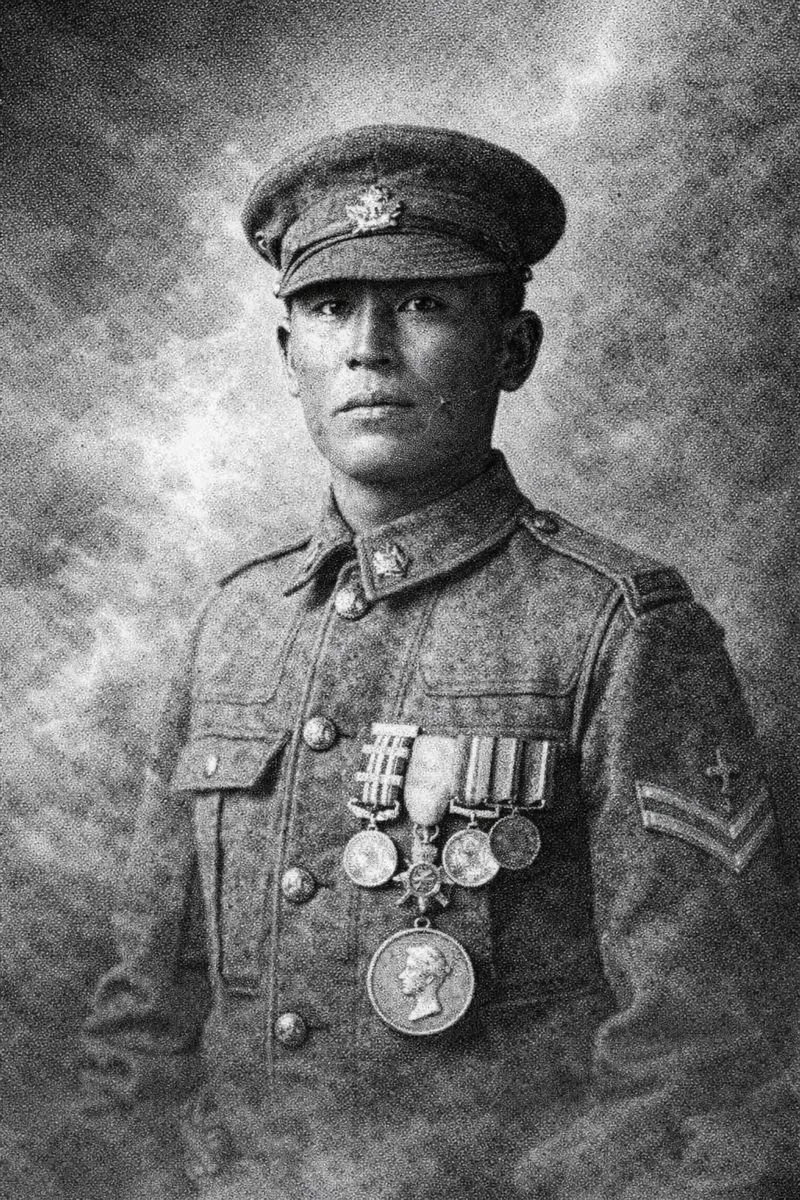
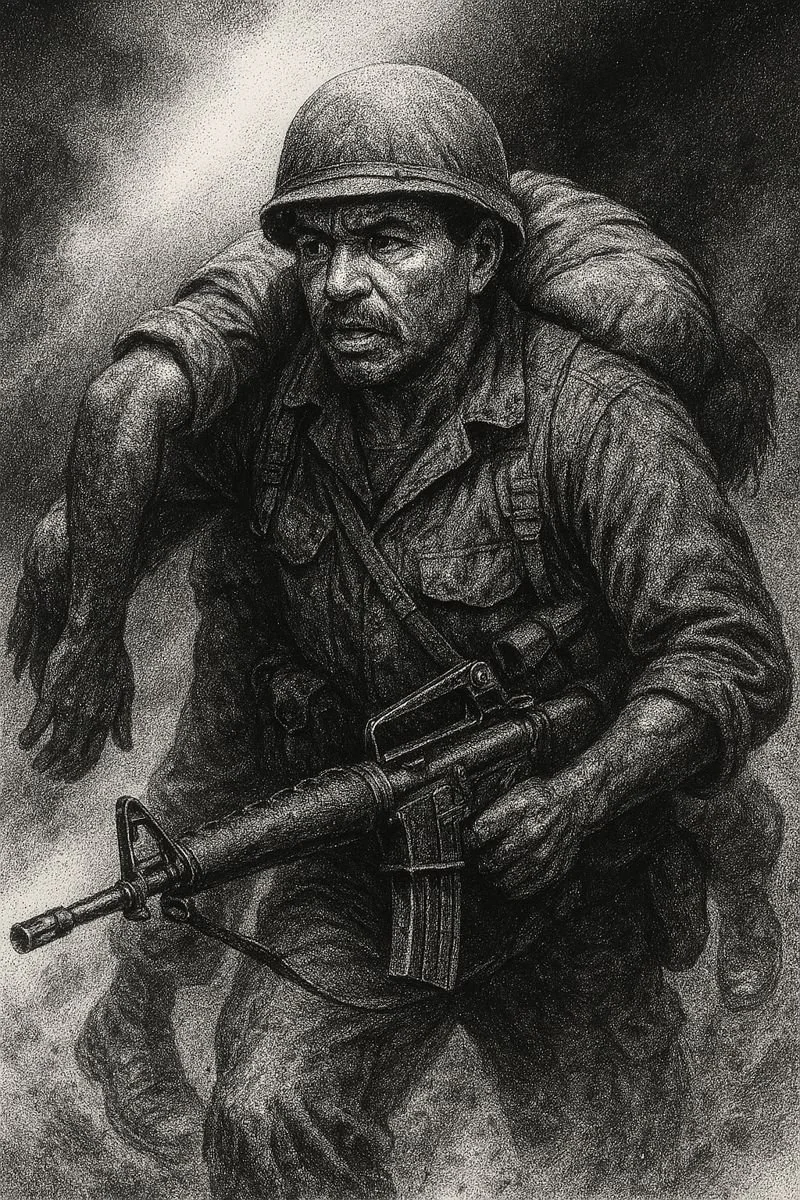
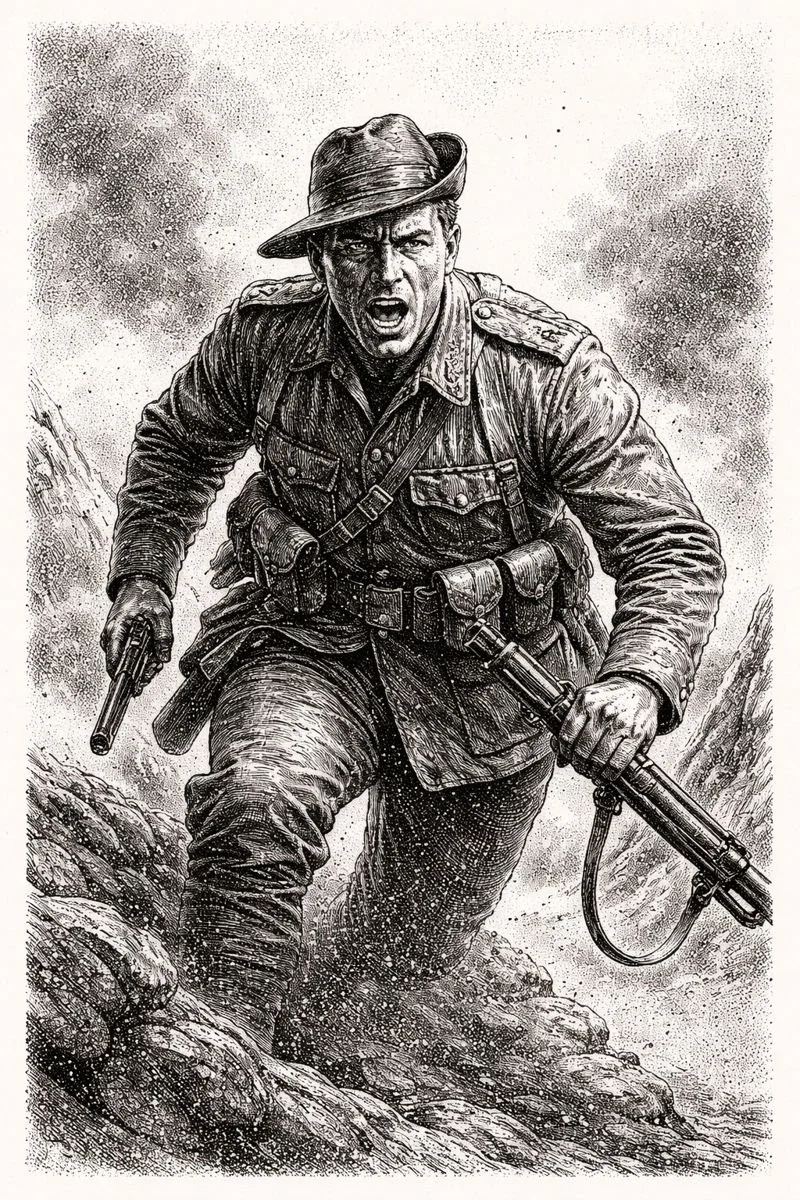
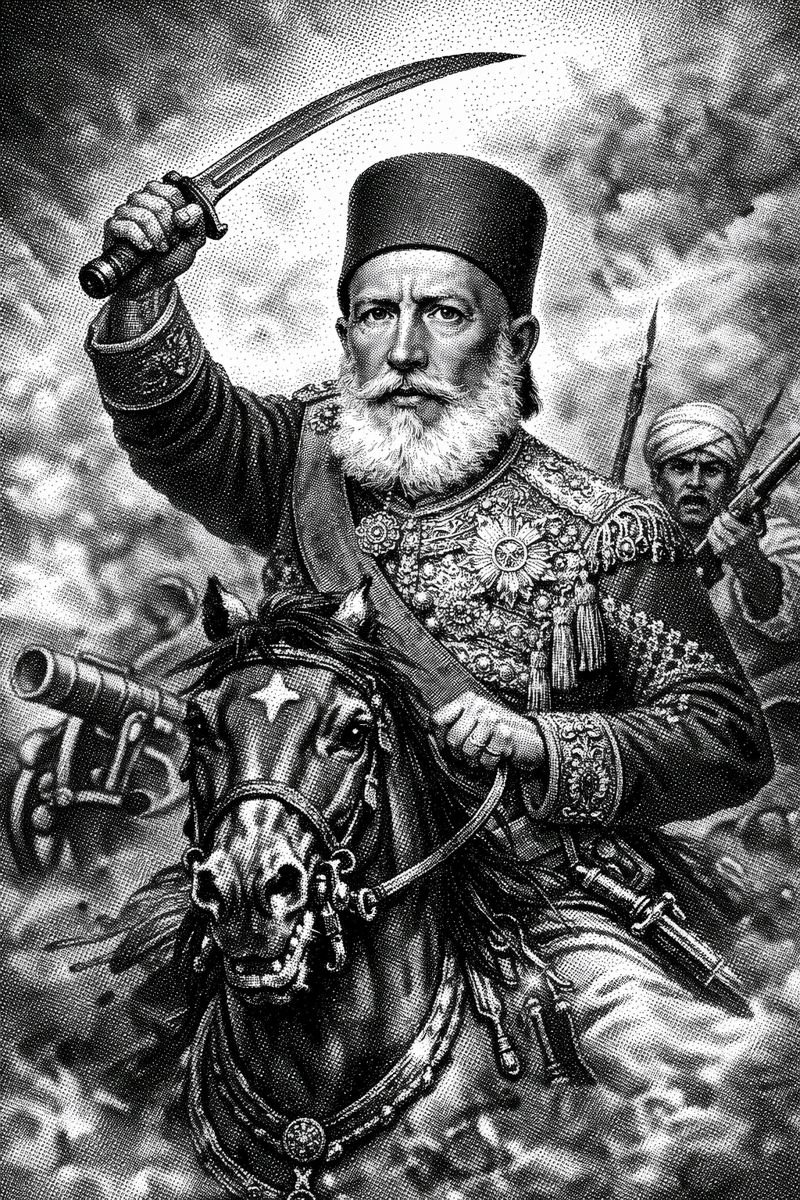
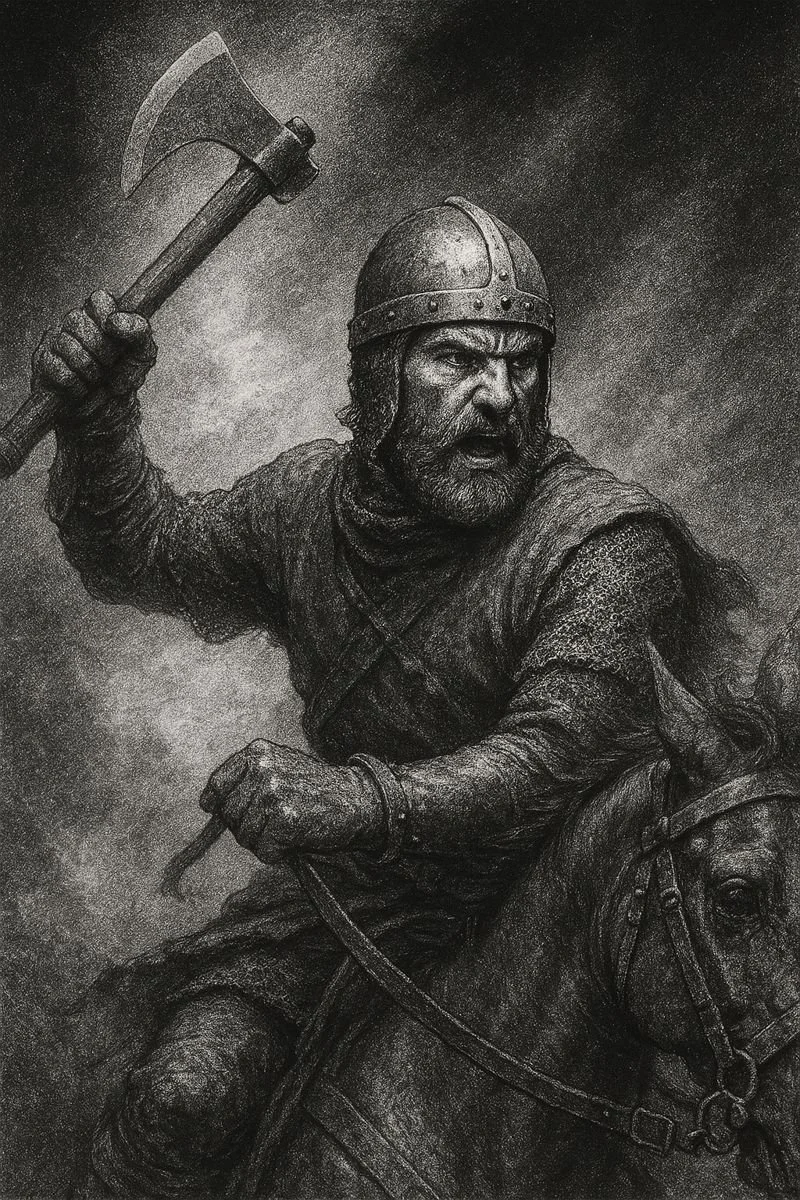
Charles XII of Sweden was a warrior-king who personally led his armies through the Great Northern War, turning early victories into legend through ferocious discipline and reckless courage. His refusal to compromise or retreat ultimately shattered Sweden’s empire, leaving behind a mythic figure admired for bravery and criticized for destroying everything he fought to protect.
Rank - 125